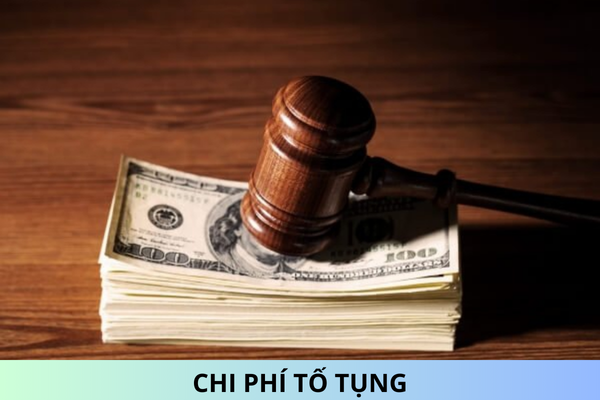In the Judgment Section, Only the Presiding Judge Has the Right to Read the Verdict, Is That Correct?
In the sentencing phase, only the Presiding Judge has the right to read the verdict, correct?
During the sentencing phase of a criminal case, is it correct that only the Presiding Judge has the right to read the verdict?
Answer:
Based on Article 327 of the Criminal Procedure Code 2015 regarding sentencing:
The Presiding Judge or another member of the Trial Council reads the verdict. In the case of a closed trial, only the decision part of the verdict is read. After reading, it may be further explained about the execution of the verdict and the right to appeal.
Thus, it is not required that the Presiding Judge reads the verdict in the sentencing phase; it can be done by another member of the Trial Council such as a People's Assessor. As long as it is a member of the Trial Council, and the document is conveyed to everyone in the courtroom.
Has the appealed or protested verdict become effective?
Editorial team, I have a question. If the verdict is currently under appeal or protest, has it come into effect? Look forward to your early response.
Answer:
According to the provisions of Article 17 of the Civil Procedure Code 2015:
The first-instance judgment or decision of the Court may be appealed or protested as provided by this Code.
The first-instance judgment or decision of the Court not appealed or protested under the appellate procedure within the time limit prescribed by this Code shall become legally effective. The first-instance judgment or decision of the Court being appealed or protested, the case must be reviewed by the appellate court. The appellate judgment or decision takes legal effect.
And as prescribed in Article 27 of the Criminal Procedure Code 2015:
The first-instance judgment or decision of the Court may be appealed or protested as provided by this Code. The first-instance judgment or decision not appealed or protested within the time limit prescribed by this Code shall become legally effective.
The first-instance judgment or decision being appealed or protested, the case must be reviewed by the appellate court. The appellate judgment or decision takes legal effect.
Thus, according to the above provisions, the court's verdict currently being appealed or protested does not have legal effect.
The appellate court only considers the content of the appealed or protested verdict or decision?
In a criminal case at the appellate stage, does the appellate court only consider the content of the appealed or protested verdict or decision?
Answer:
Based on Article 345 of the Criminal Procedure Code 2015 regarding the scope of appellate trial:
The appellate court considers the content of the appealed or protested verdict or decision. If deemed necessary, it may review other parts of the verdict or decision not appealed or protested.
Thus, in addition to considering the content of the appealed or protested verdict or decision, the appellate court may review other parts of the verdict or decision not appealed or protested as provided by law.
Respectfully!










